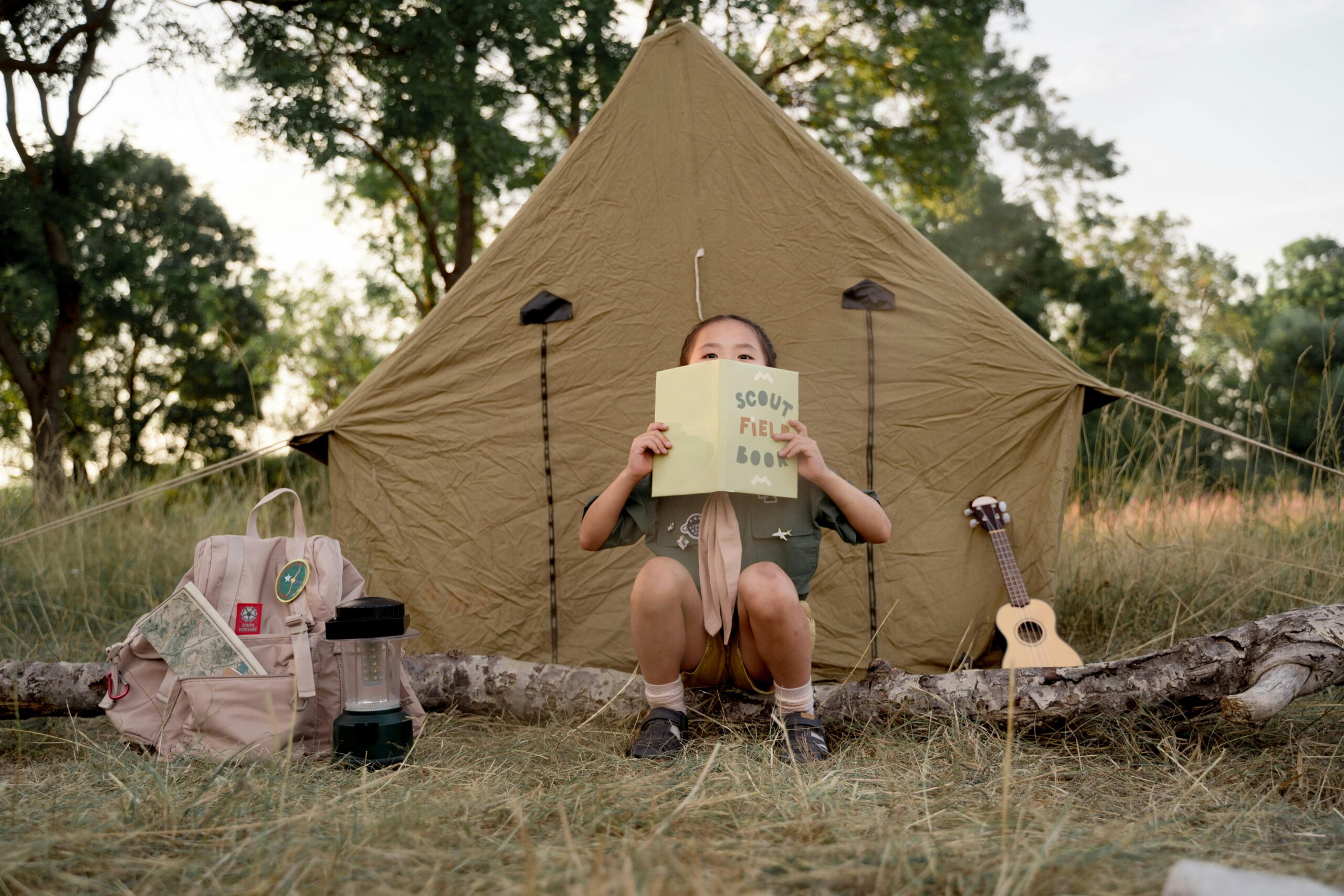Ultimate Guide to Camping with Kids: Tips for a Memorable Outdoor Adventure
Camping is a magnificent experience that brings families closer to nature and each other, but it can be a daunting prospect when little adventurers are included. With some careful planning and the right tips up your sleeve, you can transform your family camping trip into a memorable and exciting adventure for both kids and adults alike. This ultimate guide is here to light the path for your next outdoor escape with the whole gang in tow.
Introduction
Camping with kids can be equal parts exhilarating and exhausting. On one side, you have the promise of creating unforgettable memories with your children amidst nature’s splendor. On the other, the practical realities of managing little ones in a camping environment can be quite the task. However, the benefits far outweigh the challenges, and the potential for shared joy and learning is immense. Welcome to the world of family camping, where every challenge gives way to a unique opportunity for growth and connection.
Planning for Success
Choose the Perfect Campsite
Selecting the right campsite can make or break your family camping trip. Opt for campgrounds with family-friendly amenities like clean restrooms, potable water, and easy access to nature trails and scenic areas. Consider proximity to home (especially for the first trip) and reserve a spot in advance to ensure availability.
Pack Smart and Light
Packing for a camping trip with kids requires careful consideration. Beyond the usual camping gear, make sure to pack essentials for kids, such as appropriate clothing for varying weather conditions, comfort items, and plenty of snacks. Remember that you’ll have to carry what you pack, so aim for multi-purpose items and avoid overpacking.
Safety First
Childproof your campsite as much as possible upon arrival. This includes setting clear boundaries, teaching kids camp rules, and keeping an eye on hazards like campfire, sharp tools, and wild plants. Make sure each child has a whistle and knows how to use it in case they get separated.
Engaging Kids in the Outdoor Experience
Create a Play Plan
Camping offers a wealth of opportunities for play and discovery. Plan age-appropriate outdoor activities such as simple scavenger hunts, nature crafts, and sing-alongs. Bring along books or cards about local flora and fauna to make the experience educational as well as fun.
Involve Kids in Camp Chores
Assigning kids small, manageable tasks helps them feel responsible and involved in the camping experience. Tasks like gathering firewood, setting up their sleeping area, and helping with simple meal preparation are great confidence boosters for kids, and lighten the load for parents.
Mealtime Magic
Kid-Friendly Camping Recipes
Think outside the boxed meals and prepare easy, wholesome dishes that kids will love. Camping classics like s’mores and hot dogs are sure to be hits, but also consider healthier options such as grilled veggies or foil packet meals. Include the kids in the prep to make mealtime a family affair.
Cooking with Kids
Cooking outdoors can be more challenging than in your home kitchen, but it’s also an opportunity to teach kids about fire safety and outdoor cooking skills. Supervise closely, keep it simple, and enjoy the process as much as the end result.
Sleeping Under the Stars
Comfort is Key
A well-rested camper is a happy camper, especially when it comes to children. Invest in good quality sleeping gear and ensure your kids are comfortable and warm at night. Bring along their favorite pillows or blankets to add a touch of home to their sleeping arrangements.
Bedtime Battles
Bedtime routines can be tough on the road, and camping is no exception. Stick to your usual routine as much as possible to help kids wind down. Tell stories, play quiet games, and have a designated “lights out” time to help ease bedtime battles.
Exploring Nature Together
Guided Explorations
Explore the natural beauty surrounding your campsite. Children love guided walks, where they can learn about the environment and spot different plants and animals. Binoculars and magnifying glasses can add an extra layer of exploration.
Nature Games
Organize nature-based games to engage kids in their surroundings. From ‘I spy’ with natural objects to ‘stop and study’ where children pick a point and investigate it closely, these games can be both entertaining and educational.
Safety First
Keep a Count
Always have a headcount of your children and set clear boundaries on how far they can explore from the campsite. Teach kids what they should do if they get lost, such as staying put and blowing their whistle. Regular check-ins ensure everyone’s safety and well-being.
First Aid and Emergencies
Preparedness is key. Put together a comprehensive first aid kit and ensure everyone knows where it’s located and how to use the items inside. Be aware of any medical requirements, such as allergies or conditions, and have a plan for reaching medical assistance if needed.
Conclusion
Camping with kids is an investment in family unity and a way to provide children with experiences they’ll carry with them throughout their lives. It may not always be easy, but the joys of watching your child roast their first marshmallow or trying to identify that strange critter in the woods under a shining moon will more than make up for any mishaps along the way. Start small, keep it simple, and enjoy the adventure—camping with kids is an art best learned through practice and shared experiences. Happy camping!




